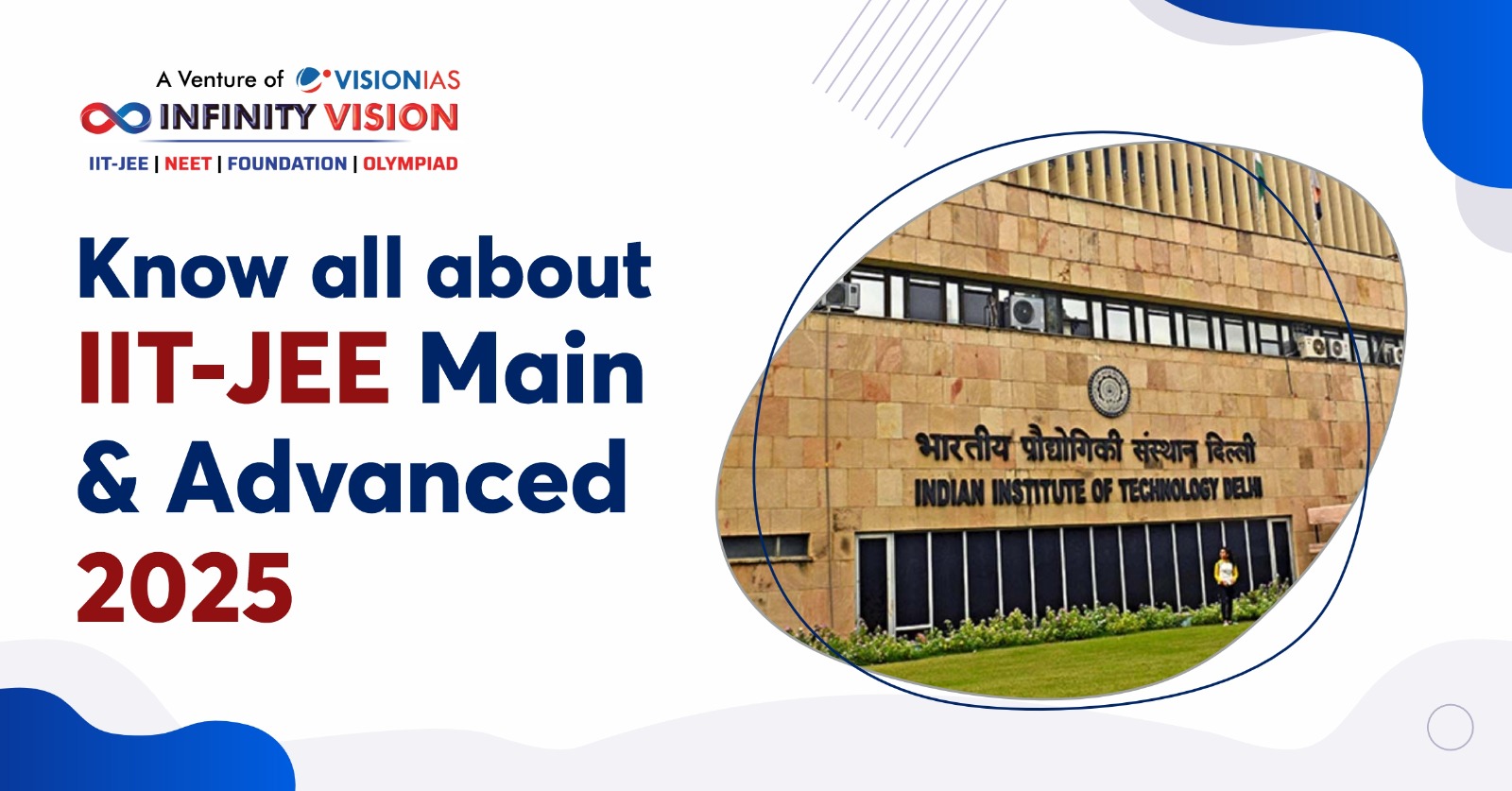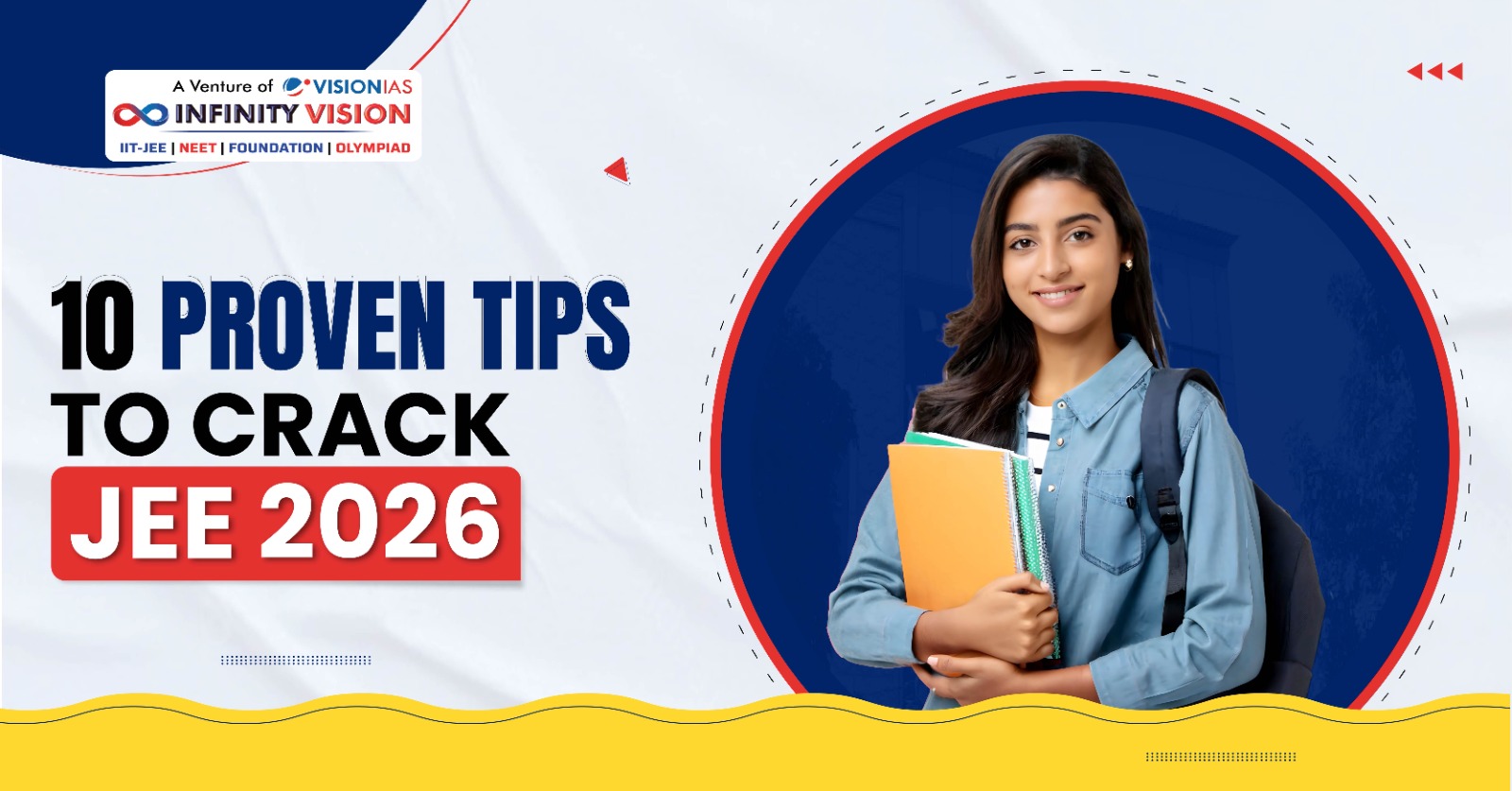
- October 12, 2024
- Engineering
Know All About IIT-JEE Main and Advanced 2025
The Joint Entrance Examination (JEE) is an engineering entrance exam conducted for admission to B.E./B.Tech/B.Planning/B.Arch. It is one of India’s most competitive exams for getting admission into some top engineering institutions like IITs, NITs, IIITs, and CFTIs. JEE is conducted in two phases: JEE Main and JEE Advanced. The JEE 2025 exam is currently ...








